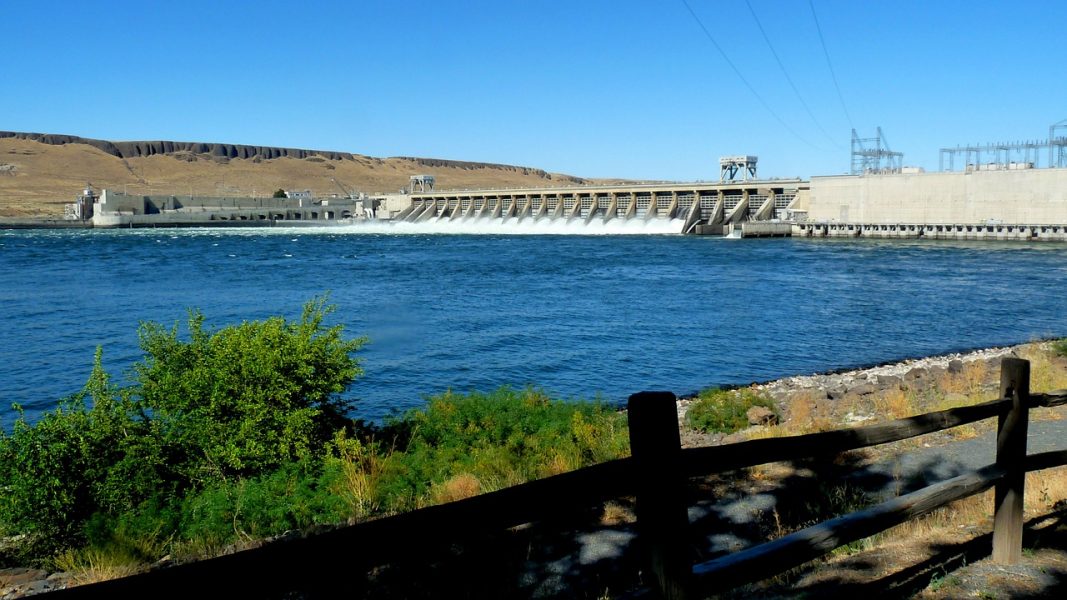Working with beavers could help us to design holistic urban and suburban green spaces in the future.


Working with beavers could help us to design holistic urban and suburban green spaces in the future.

A visible color change occurs when active nanocomposites are heated and re-cooled, which is attributed to the mobility of the nanoparticles embedded inside the material.
From the West African rain forest to the Ethiopian highlands, implications of changes in the West African rainforest with respect to the rain and available water resources of the Nile basin.

A research team used a plasma jet‐like setup to enhance the flowability of lactose powder while in production.

The literature on Indigenous water rights, examining the ways in which Indigenous people are framing their claims for water and how they are being addressed in national frameworks of water governance.

How are hydrologic data used in understanding environmental processes and creating forecasting models and guiding water management?
Records of flooding in the past have, and continue, to improve flood hazard assessment.
Solar irrigation pumps have emerged as a promising alternative to conventional diesel and electricity powered pumps.
A recent WIREs Water review analyses the close relationship between water and moving images.
The right to water requires that governments ensure water is available, accessible, safe, affordable and acceptable for human consumption. At this point in time, however, there is little consensus on how to measure and verify a country’s compliance with that right.